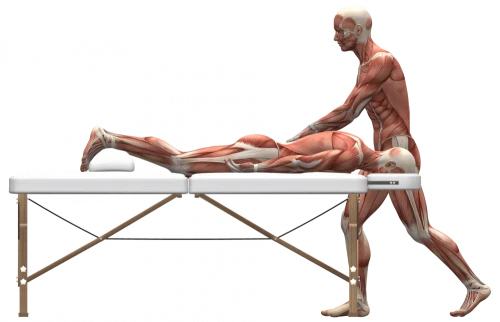With over 80% of us affected by Back Pain, we address seven of the most popular questions asked
When should I go and see someone about my back pain?
We advise anyone to seek expert advice in the following circumstances:
- Your back pain occurs following an injury
- Your lower back pain does not start to ease within one to two weeks
- You are experiencing severe abdominal pain
- You have an unexplained fever
- You develop bowel or bladder incontinence
- You experience loss of/altered sensation in the groin and/or legs
Does back pain run in families?
Although over 80% of us will suffer with back pain at some time in our lives, there is no evidence to date that back pain is hereditary.
Can exercise help reduce the risk of lower back pain?
One of the best things you can do for yourself and your back is to be physically active. A regular and varied exercise program can ease pain and stiffness, strengthen muscles and bones and improve flexibility...all of which will help reduce the risk of back pain.
Is back pain more common for people over 60 than younger people?
Generally acute lower back pain is more common in the middle years; but long lasting and less disabling lower back pain is more common in older people.
Are pain killers the best thing to take for my back pain?
Research actually suggests that non-steroidal anti-inflammatory drugs like ibuprofen and naproxen provide little relief for back pain sufferers…and may in fact cause serious side effects, as well. One thing that’s consistently been shown to help back pain is staying active and stretching i.e. Pilates.
Can I do anything about my back pain during pregnancy?
Contrary to beliefs, Osteopathy is a totally safe approach to pain relief and maintenance of health throughout pregnancy. Back pain is a common phenomenon at some time in almost every pregnancy and in some cases, it is accompanied by the added problem of leg pain or 'Sciatica'.
Can back pain really be caused by stress?
An often overlooked side effect of stress is neck and back pain. Being anxious activates the body’s stress response which causes us to become tense and more resilient in order to fight, freeze or flee from perceived danger. This then creates a cascade of chemical changes in the body, which in turn, lead to muscle tension, muscle spasm and consequently back, shoulder and neck pain.
For more information please contact us directly

